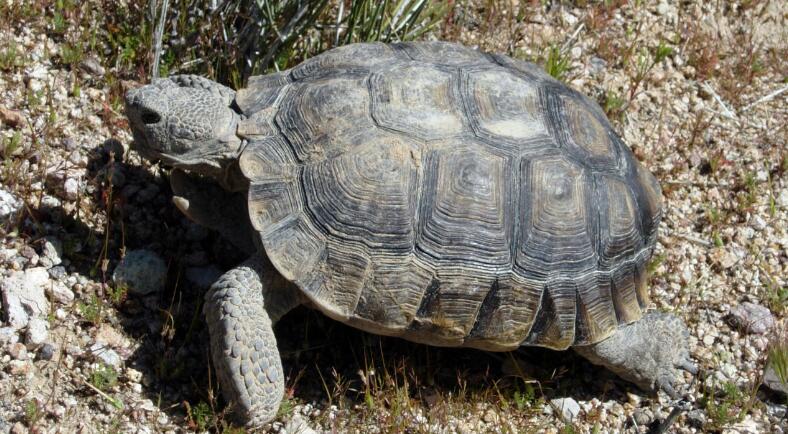Who Doesn’t Love Turtles?
They are cute, harmless, and so quiet and peaceful. They have one of the best protective mechanisms in the world, but they are no match for the cruelty of humankind.
The world’s 300+ living tortoise and freshwater turtle species are an amazing success story of the natural world. Turtles and tortoises have existed for nearly 300 million years, long before many dinosaurs walked the Earth! Turtles and tortoises with their remarkable shells have remained relatively unchanged through time and are a source of fascination and admiration. These creatures are long-lived and slow to reproduce. When they do reproduce, very few survive to adulthood. These traits make turtles especially vulnerable to the threats posed by human exploitation. About half of their more than 300 species are now threatened with extinction.
Threats
Turtles and tortoises around the world are collected, eaten, traded, sold and exploited in overwhelming numbers. They are used for food, pets, traditional medicine, and decoration. Eggs, juveniles, adults, and body parts all are used. Their habitats are being increasingly fragmented, destroyed, developed, and polluted.
Human activities are endangering many turtle and tortoise species, while driving others into extinction. We are the problem so we must be part of the solution. Without concerted protection, many of the world’s turtles and tortoises will become extinct in the next few years and will be lost forever.
Facts
All of Asia’s 90+ turtle and tortoise species are now of conservation concern, and more than half of title freshwater turtle species are considered endangered by the World Conservation Union.
The flow of turtles and tortoises into the food, pet, and traditional medicine markets of China continues at an alarming rate. Due to the lack of enforcement of existing regulations, exact numbers are difficult to determine, but the trade is estimated in tons of turtles per day and millions of turtles per year.
Chengdu-Working to Save Turtles
Research: During the fall of 2002, visitors to the Chengdu Zoo were interviewed about their use of turtles and tortoises and about how best to protect them. 42% of those surveyed had bought turtles and tortoises in the past. Of these, 21% had bought turtles for food, 69% bought them for pets, and 10% for medicinal purposes. Think about what this means to turtles and tortoises when you consider the number of people living in China. When asked about protecting turtles and tortoises, most thought that both better protection in the wild as well as stronger enforcement of habitat protection laws were needed. Many also said that more conservation education was needed. This means that the people of Chengdu care about turtles.
Weekly market surveys over one year in Chengdu revealed that captive breeding was the source of many species seen in markets, but that rare species were still being taken from the wild. The living conditions for turtles on farms in markets are deplorable, filled with suffering, malnutrition, and disease. The suffering endured by turtles taken from the wild and shipped all over the world in crates with no food, water, light, grass, or peace is unforgiveable. Sellers consistently told us that the desire for turtles seemed endless, both for food and pets. Only we can make a difference for turtles and say no to buying them.
Education
The Chengdu Research Base of Giant Panda Breeding and Chengdu Zoo have conducted many programs since 2001 to increase awareness of the global turtle crisis within China. With financial support from the American Zoo and Aquarium Association’s Conservation Endowment Fund, and the Turtle Survival Alliance, the Chengdu Zoo was proud to be the first Chinese zoo to address the Asian Turtle Crisis through education programs and materials. The project also increased the capacity of veterinary and keeper staff at the Chengdu Zoo to better care for animals at their reptile facility. With support from Toronto Zoo, Canada, Chengdu Panda Base education staff were able to bring the turtle conservation education program to the Guangzhou Zoo. Most recently, the Chengdu Panda Base and Chengdu Zoo, with financial support from Chester Zoo, UK, launched a joint Wildlife Trade Exhibit in which turtles and tortoises were recognized as a focal group of wildlife that is tortured and endangered by the wildlife trade.












